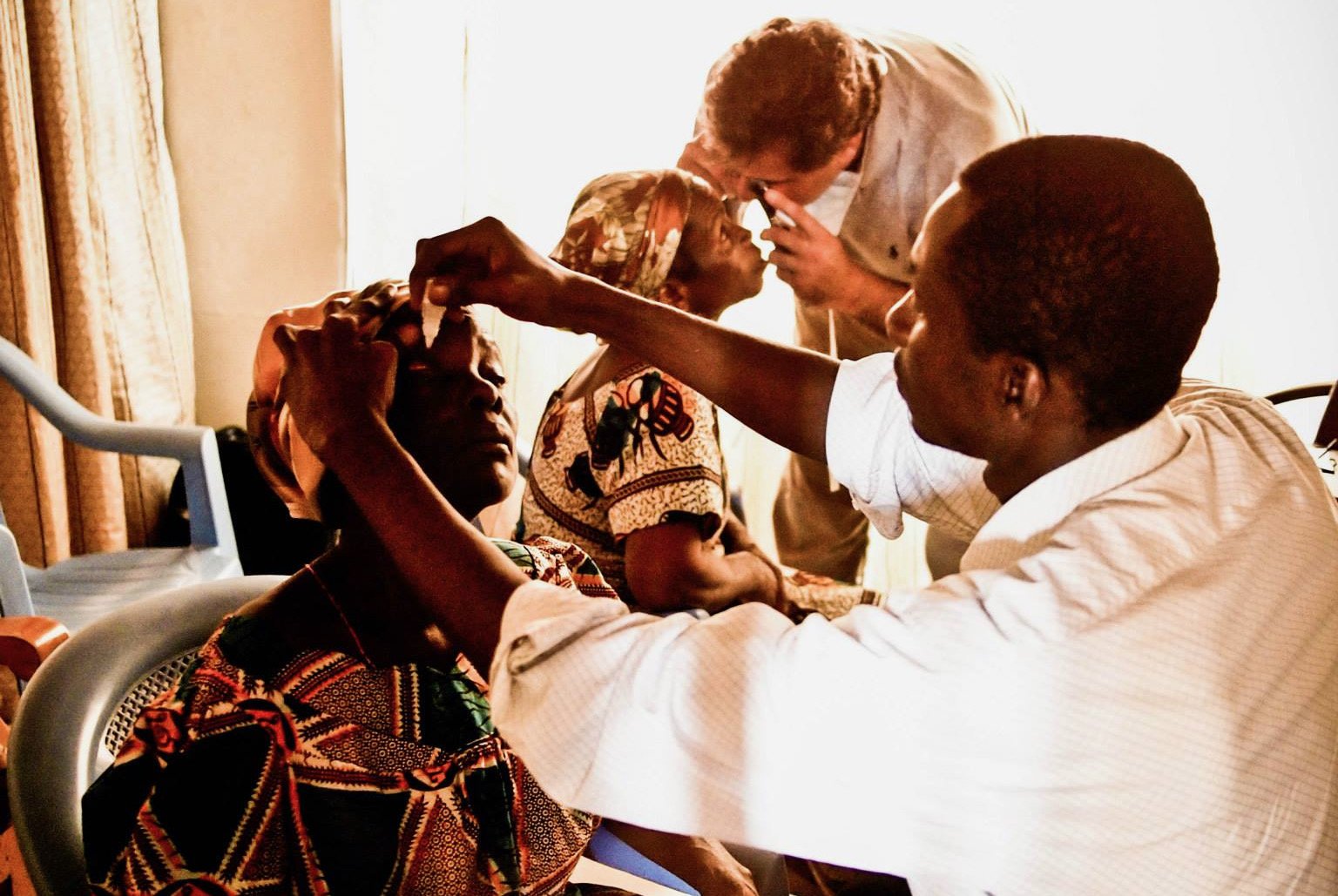
GLOBAL HEALTH CERTIFICATE
Module 6: How To Ensure High-Quality Medical Care
Low-quality health services are wasteful, unethical, and potentially harmful. Global health organizations must provide high-quality services to those who have limited access to healthcare. Because there are many components of healthcare delivery, the quality of care must be assessed at multiple levels. The Institute of Medicine has identified six aims of quality medical care:
(1)Safety: Providers must ensure that the medical care intended to benefit their patients is not causing harm. This is particularly applicable in the realm of global health, as many low- and middle-income countries do not yet have safety standards built into their healthcare systems, and medical providers are often asked to practice outside of their expertise. This is both unsafe and unethical.
Effectiveness: Medical treatments must be based on scientific knowledge and must produce beneficial, measurable results.
Patient centeredness: Care must be tailored to individual patient preferences, needs, and values. Patients should have authority over their own medical care, and their input must guide clinical decision-making.
Timeliness: Patients requiring medical attention should have access to timely healthcare and follow-up care to avoid potentially harmful delays in treatment.
Efficiency: Quality health care avoids wasting finances, time, equipment, and energy. Efficiency maximizes the impact of global health organizations.
Equitability: The quality of medical care must be consistent across all patients, irrespective of gender, ethnicity, socioeconomic status, and other personal characteristics. Global health organizations must ensure that the care they provide is equivalent to that available to paying patients in the country. Similarly, visiting medical providers must hold themselves to the highest standards of quality care, as they would in their home countries.
“Although most of us probably believe that low quality is primarily a reflection of inadequate financial resources, there is good evidence that quality can be enhanced in a number of ways even in the absence of additional resources.”--Richard Skolnik, Author of Global Health 101(2)
Global health expert Richard Skolnik claims that any effective method of ensuring quality healthcare relies on a strong evaluation and feedback system. “It is very important, first, that health systems carry out assessments that will help them to understand the quality gaps in their programs.”(3) These assessments must be ongoing to promote continual improvements in the quality of medical care. Additionally, implementing professional oversight, supervision, and ongoing training to health service providers is essential to maintaining and improving the quality of medical care.
Footnotes
(1) Committee on Approaching Death: Addressing Key End of Life Issues. “Recommendations of the Institute of Medicine's Reports Approaching Death (1997) and When Children Die (2003): Progress and Significant Remaining Gaps.”Dying in America: Improving Quality and Honoring Individual Preferences Near the End of Life., U.S. National Library of Medicine, 19 Mar. 2015, www.ncbi.nlm.nih.gov/books/NBK285669/. Accessed 25 November 2019.
(2) Skolnik, R. Essentials of Global Health. Sudbury, MA: Jones and Bartlett, 2007.
(3) Ibid.
